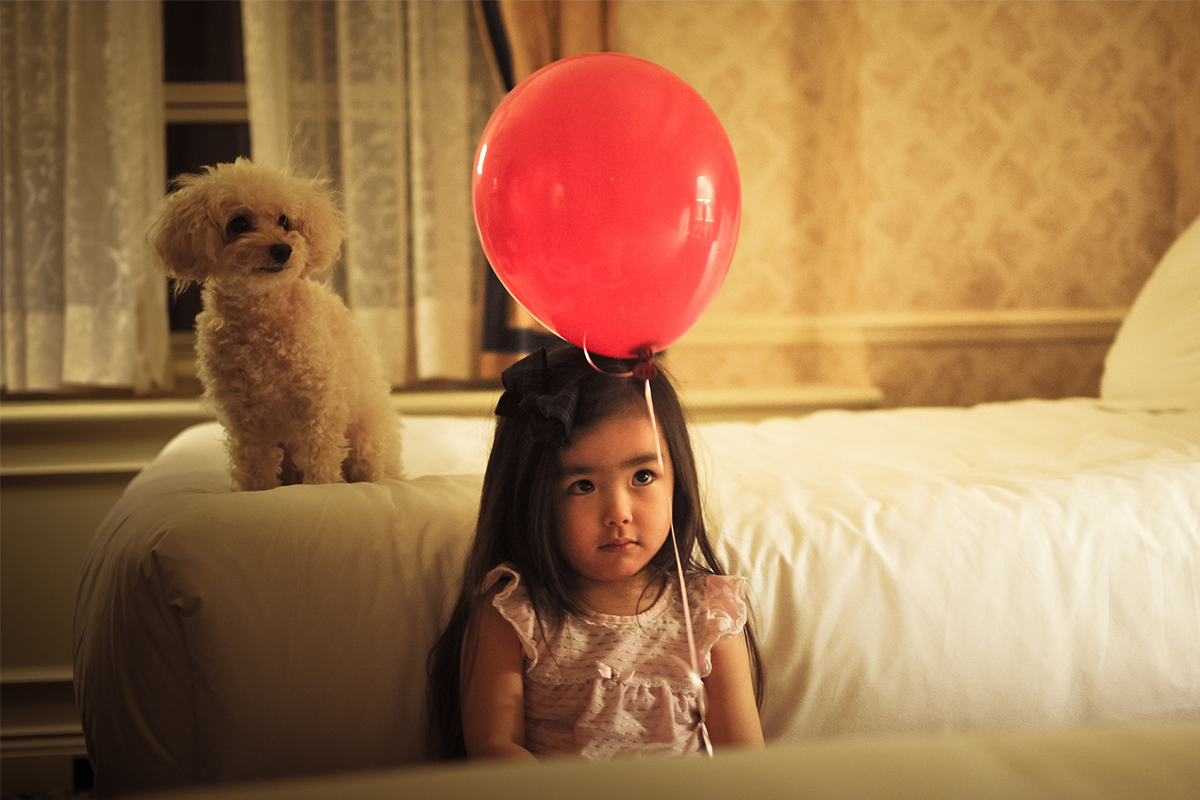Dogs and children go together like salt and pepper: it’s just a pairing that works. And
while we’re not suggesting you run out and buy a dog for the express purpose of
keeping your child company, there are very good reasons why have a four-legged
friend in the house is good for your child’s development.
Dogs teach children to be more responsible
Dogs are a big responsibility and they require more attention than a lot of other pets.
They need regular feeding, regular walking, regular maintenance. Children who grow
up with dogs and assume some of these responsibilities find it easier to take
responsibility for other areas of their life, studies show.
Dogs teach children to be more selfless
There’s nothing like caring for something other than yourself. Children who have
dogs to look after in their formative years learn the art of being selfless, and the
necessity of compassion. Dogs are emotional animals, just like us, and they help
children to develop an all-important emotional range.
Dogs are great companions
Households with dogs and cats can lower anxiety in children, an even prompt
children to try and take fewer sick days from school, studies show. Dogs are
particularly good for children who have experienced a great tragedy.
Dogs teach children the value of companionship
Amazingly, US studies show that children brought up in homes with dogs have a
better relationship with their parents, and closer ties with their friends at school. The
data was based on a questionnaire filled out by 9-11-year-olds, per the Washington
Post.
Dogs lower stress
The same US survey revealed another interesting fact: life events are less stressful
when a dog is around. Whether it’s moving house, announcing bad news or making
that first trip to school, get the dog involved. Its mere presence will make a child feel
less anxious and afraid. That commute to school? Why not have the dog in the back
seat. It’ll help lighten the mood and impart a sense of fun, even when spirits are low.
Dogs teach children to be more patient
All adults know that dogs have a mind of their own and children soon learn this too.
You can’t force a dog to do anything, but you can ask nicely, or employ the right
persistent tactics to get what you want. Children soon realize that perseverance is
key, and that patience is a must.
Dogs correct behavioral problems
By playing with a dog, angst-ridden children will work out negative energy and tire
themselves out in the process. They’ll also learn to play nice, as dogs will show their
displeasure if they’re treated badly. Dogs have no problem barking or growling when
they feel set upon, and this is usually for good reason. In fact, these animals are
curiously good at correcting bad behavior, perhaps in part because they’re unafraid
to get vocal. Plus, dogs are a lot of work, and they’ll teach your child the value of
being disciplined.
While all pets are great development aides for young children, dogs are uniquely
good at reading our emotions. On the flipside, they require just enough work to force
children to start adopting new – positive – habits. Of course, dogs are animals, and so
you need to be sensible. Don’t have your dog rolling around the floor with your
toddler, for instance. (Children under the age of seven will require a certain level of
supervision. Always ensure your dog is properly trained so that it can respond to your
command too.) But in the end, a household with a dog is almost always a happier
place to be – and an environment ripe for learning.



